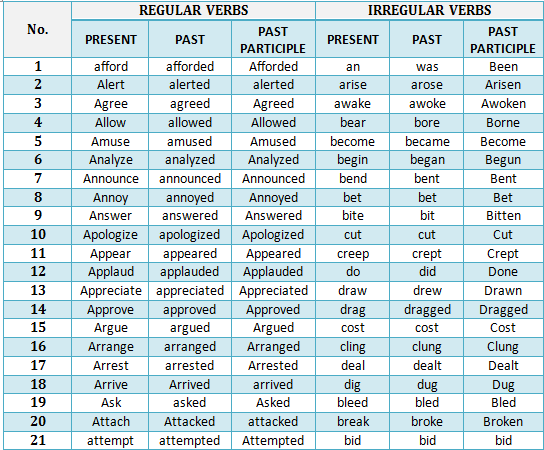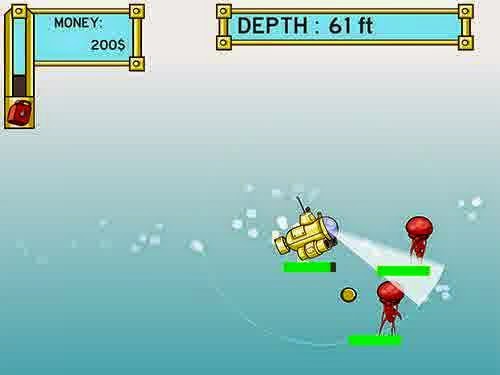100 Examples Of Regular Verbs
There are so many types of verbs it might be helpful to review just exactly what a verb is. A verb is a word that shows action or state of being. You could say it’s the most important part of a sentence because every sentence must contain a verb.
List of Regular Verbs Infinitive Accept Act Achieve Admire Advise Affect Agree Amaze Amuse Answer Appear. 100 Irregular Verbs List. (affixes) will signify that a word is a verb. For example, the. The majority of verbs are regular and consistently use -ed and -en to form.

As a matter of fact, recognizing the verb is essential to understanding the sentence meaning.  In the sentence, “Lightning struck a tree,” struck is the verb and shows the action that’s going on. Veer zaara song lyrics tere liye. In the sentence, “He is a smart boy,” is is the verb but it doesn’t show action. Instead it shows the state of being. What is a regular verb?
In the sentence, “Lightning struck a tree,” struck is the verb and shows the action that’s going on. Veer zaara song lyrics tere liye. In the sentence, “He is a smart boy,” is is the verb but it doesn’t show action. Instead it shows the state of being. What is a regular verb?
Verbs are a little different from most parts of speech because they can change their form. Sometimes endings are added (like -ed or -ing) and other times the verb itself becomes a different word (such as run and ran). Regular verbs are verbs that form the past tense by adding the letter “d” or “ed” at the end. Here’s a brief review of simple verb tenses to make things a little clearer. Past tense: Verbs that take place in the past.
Present tense: Verbs that take place in the present. Future tense: Verbs that will take place in the future. Some of the most common verbs are irregular verbs and in order to form the past tense of those verbs, you have to memorize them. In the case of irregular verbs, it’s not a case of simply adding a “d” or “ed” to the end of the word. But back to regular verbs.
When it comes to regular verbs, past tense and present tense are the tenses necessary for understanding. You’ll see examples of past and present tense verbs below in the examples of regular verbs. Regular verb Examples There are too many regular verbs to list them all but here are a few.

100 Examples Of Irregular Verbs
Ask–asked back–backed chase–chased chew–chewed depend–depended decide–decided employee–employed excuse–excused fade–faded fold–folded gaze-gazed guess-guessed hand–handed hunt–hunted join–joined joke–joked kick-kicked laugh-laughed learn-learned In the examples above the regular verbs were shown in both their present and past tenses. To make the past tense of those regular verbs, all that is necessary is to add “d” or “ed” at the end!
List Of Common Verbs
Pretty simple, right? Here are some sentence examples for you.
100 Examples Of Regular Verbs Cooking
Steven Pinker describes regular verbs in 'Words and Rules' as ever-evolving, with new ones being added to language constantly. He uses the additions of words like 'spam (flood with E-mail), snarf (download a file), mung (damage something), mosh (dance in roughhouse fashion), and Bork (challenge a political nominee for partisan reasons)' to illustrate that even when new words are added we already assume their past-tense forms saying of these examples' past-tenses that 'we all deduce that they are spammed, snarfed, munged, moshed, and Borked.'